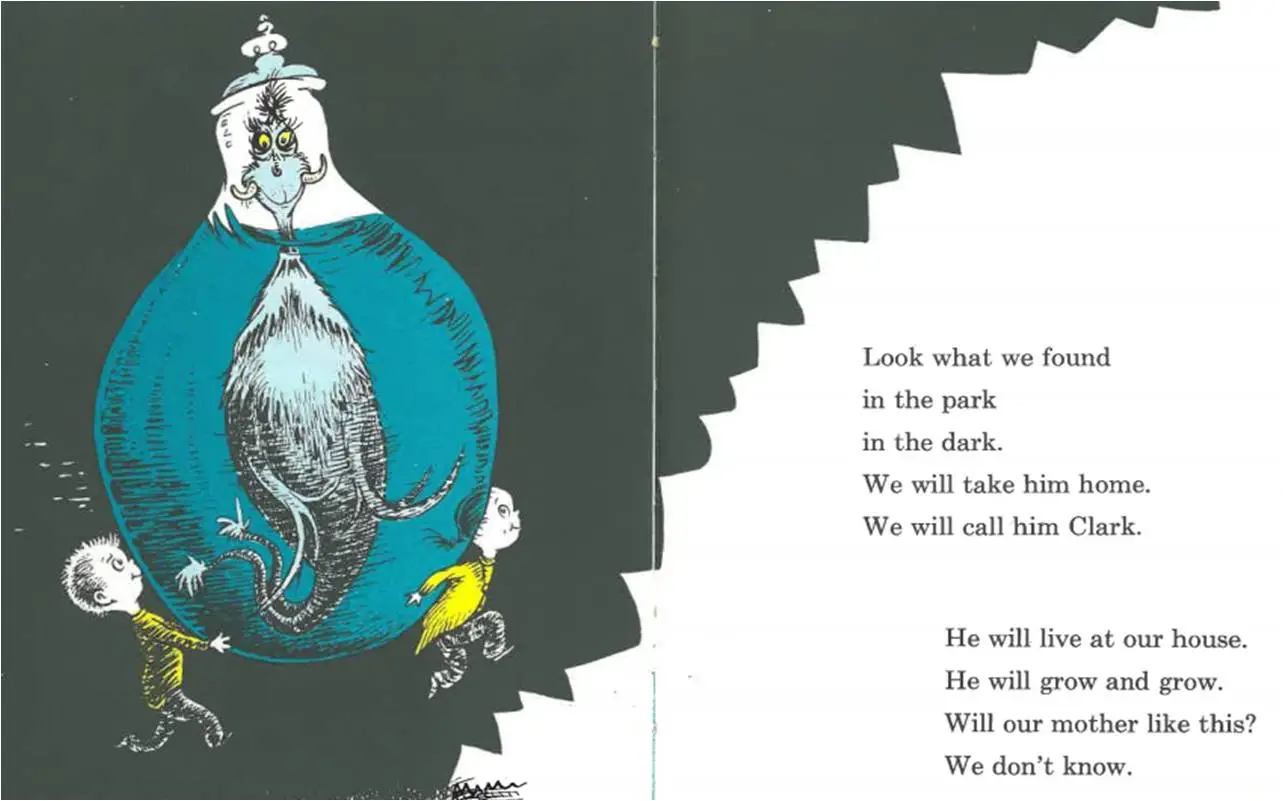Otenba
Maverick
For 20 years, I've seen people at work go out to lunch together and wondered how they decided to do that, and why I never get invited to lunch. Since being diagnosed, I now understand that there's some social thing I'm not doing. Of course, knowing that doesn't tell me how to do it.
My work colleagues currently are like the opposite. They invite me to things but won't help me be okay with going because I can't just go to things like a restaurant and eat without having to manage my health needs. Since they can't be bothered to listen to how to help me, I've stopped trying to explain how they can help me be involved and end up saying no all the time, which in turn, makes them seem more and more like they just tolerate me. They don't care if I go is what I've found; they've only asked to save their themselves from looking bad to others. None of it is genuine interest in being pals; it's all an arrangement of convenience so they don't have to go to places they want to go to alone. They don't think outside their narrow little world. Trying to get them to try doing something fun like bowling is like asking them to do a chore, especially if it doesn't involve alcohol. I feel sorry for them, while I also crave better people were around me.
When ever anyone gives me advice, I stop them and ask, "How?"
As soon as they say, "I don't know!"
Then I point out that I don't know, either.
If they are willing to sit there and map out a plan with me, to take into consideration all the reasons I cannot do what they think is so simple, and contingency planning, charts about what to do if A happens, or B happens, etc. etc.......ONLY THEN will I listen to them.
Otherwise I don't even hear what they are saying even if their mouth is moving.
As I've put above, people won't want to make the effort to help you join in. They'll invite you but don't actually care if you go or not, so if they won't help you in the way you're saying, they probably don't care if you go or not. Plus side to this is, you can quickly figure out who your friends are.
This isn't about malice, but rather a combination of ignorance and indifference.
This sums it all up very well.
If you're any form of different, people will usually walk away or keep away in the first place. People who genuinely want you around are incredibly rare.
I bet none of you lot give any cares that I'm signed up to this site or not; I'm just a passing voice in this discussion. It is like that from where they are standing.
The idea of the main problem being expectations is fair, but also unfair because we are not all equal and so not all expecting the same. We all deserve happiness; just seems we particularly need to get it more from ourselves than others, but that is unsurprising considering how things are. Confidence can also be a key factor into making ourselves appealing to others, and if you're able to be your own best friend, then it's likely that confidence will build.
Showing weakness or that you upset too easily can lose respect, possibly lead to bullying, but I have not yet manage to work out properly to what level you need to make yourself vulnerable in order to allow trust to build and therefore start a decent friendship (unless you're dealing with a manipulative person then it's a whole other challenge)... but I guess that's just part of the risk of giving someone the chance to be your friend.
Even a good or great friend will hurt you (you're going to disappointed a lot if you think they will never hurt you), and that's okay as long as you both acknowledge it, apologise if needed, and both continue to do your bests for the relationship.
If you feel like your needs are not being met, it is likely a one-sided friendship and sometimes that is what it will stay as. That is okay as long as you recognise this and don't keep pushing the boundaries they seem to have set up for their relationship with you. Pushing the boundaries often leads to pushing people away. Not everyone has the same boundaries, but I'm sure anyone here can appreciate that from the boundaries we feel we need for ourselves.
This is just a muddled jist of my understanding of how to make friendships work but none of it is fool proof. I've tried making friends at hobby things and found horrible spiteful people are even in those places; I was an outsider at school and even in classes I've attended as an adult; Every single work environment I've been in has meant social problems; This sort of thing is why I'm looking into getting an assessment for ASD.
I wish you all the best in your search for friends if you feel you want more in your life.
